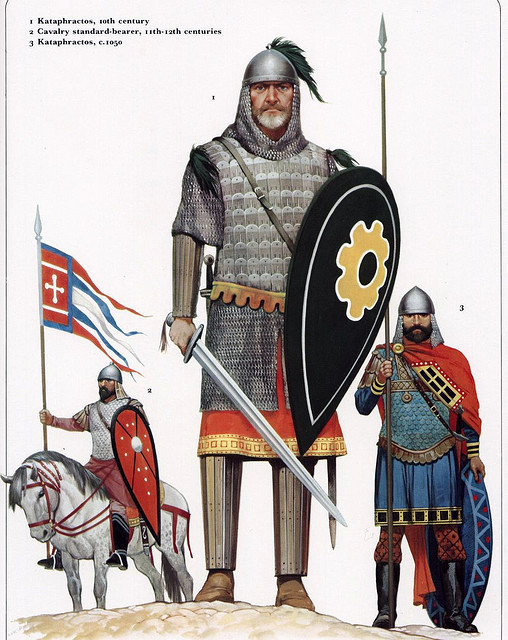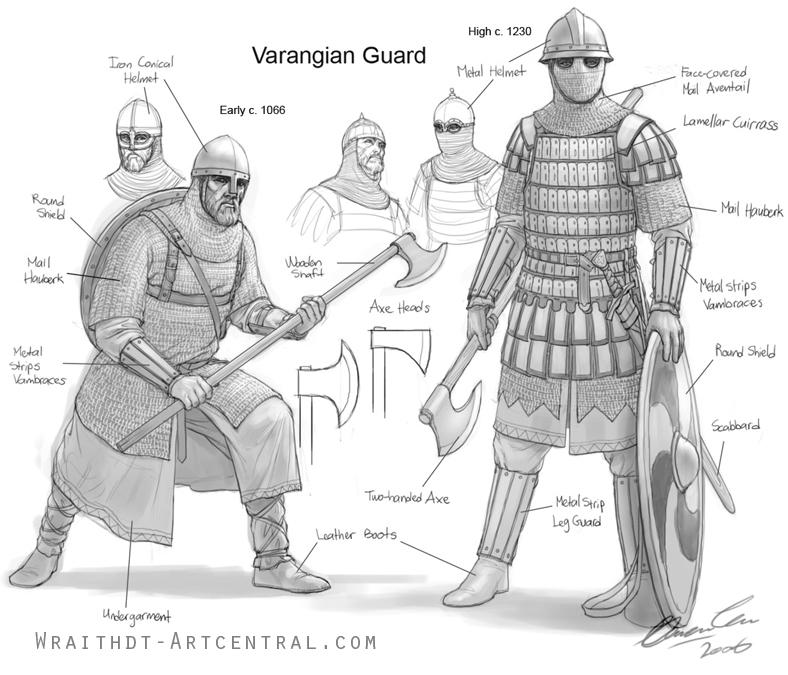shrubnose
DP Veteran
- Joined
- Jan 24, 2013
- Messages
- 19,463
- Reaction score
- 8,732
- Location
- Europe
- Gender
- Male
- Political Leaning
- Centrist
The Roman Empire, hands down, greatest empire ever. You can't even argue with this.
Then I'd vote for French and British empires.
French because the legacy of the Bonaparte conquests are things that are less visible today if you don't know what to look for but they are impacting us every day, like, the standardized metric system and driving on the correct side of the road. Ofc, there are many other heritages but these 2 are subtle and less known of.
And ofc,The great colonizer and spreader of civilization. It industrialized itself via the industrial revolution and civilized the world and because of its global reach, it ended slavery in 1/3rd of the world directly. And ofc, English supplanted French for the first time in the west as the international language in the late late XIXth century.the British empire.
The Brits drink, and drank, tea.
Case closed.


